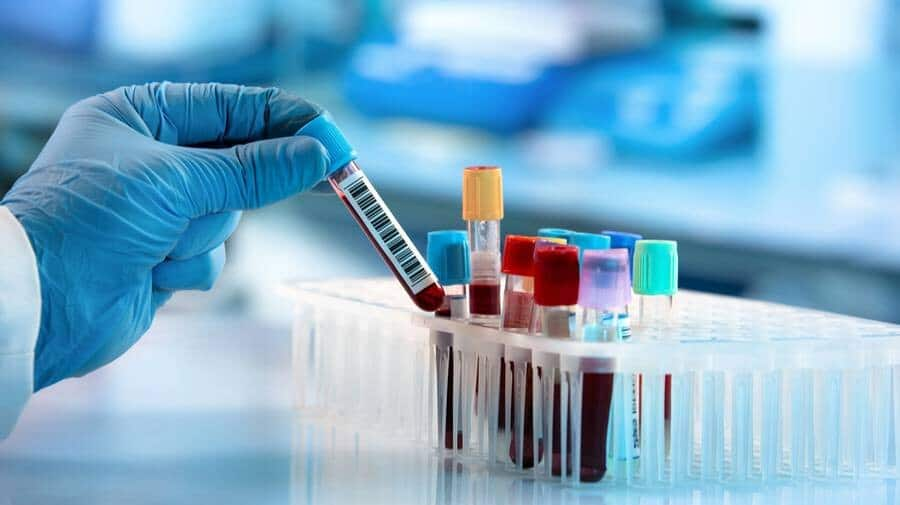
This groundbreaking blood test could revolutionize cancer treatment
What's the story
A revolutionary blood test, which is being trialed at The Christie hospital in Manchester, UK could change the way we treat cancer.
The Target National study seeks to personalize cancer treatment by studying a patient's DNA. The novel method could identify the best therapy for each person.
If it works, the procedure could become a routine part of NHS services.
Precision medicine
Personalized treatment through DNA analysis
The study's lead investigator, Dr. Matthew Krebs, told Sky News that the research is bringing "precision medicine" within reach of a wider range of cancer patients.
He said, "There are tiny bits of DNA which come off the cancer that circulate around in the bloodstream."
This DNA can be extracted and analyzed to detect specific mutations and recommend tailored treatment.
Treatment evolution
A shift from traditional methods
Dr. Krebs emphasized that this technique enables a more personalized approach to treating cancer.
He said, "rather than just treating generically with chemotherapy-type drugs," the patient gets a treatment "that's more personalized to them."
This marks a departure from conventional methods where genetic and DNA testing for cancer patients is performed using biopsies, which can be invasive and painful.
Trial recruitment
Test could improve patient outcomes
The Target National study, which is funded by The Christie Charity and the Sir Bobby Robson Foundation, hopes to recruit 6,000 patients.
The goal is to see if this "liquid biopsy" can improve patient outcomes.
Dr. Krebs acknowledged that the blood test method "won't work for everyone," but has already helped some patients with advanced cancers get matched to drug trials.
Patient testimony
Blood test leads to successful treatment for cancer patient
Pamela Garner-Jones, a 78-year-old participant in the Target National study, witnessed her inoperable stage four cervical cancer respond positively to a new immunotherapy drug trial.
She was matched to this trial through the blood test.
"Honestly, I couldn't ask for anything more," she told Sky News after her tumor shrank by two-third following the treatment.